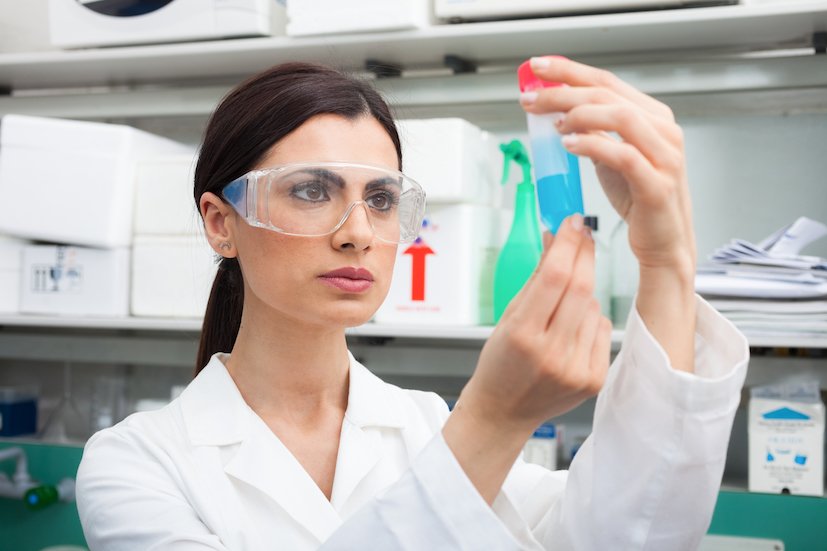
image credit- shutterstock
According to a new report released by Australia’s national science agency, Commonwealth Scientific and Industrial Research Organisation (CSIRO), A National Synthetic Biology Roadmap: Identifying commercial and economic opportunities for Australia, the two biggest areas to benefit from synthetic biology are the food and agriculture (up to $19 billion) and health and medicine sectors (up to $7 billion).
Australia has invested at least $80 million in developing synthetic biology research capabilities in recent years. Synthetic biology is a rapidly growing field that applies engineering principles and genetic technologies to biology, drawing on biology, engineering, and computer science, as well as many other fields.
Developing a national synthetic biology ecosystem can help to identify solutions to uniquely Australian agricultural and environmental challenges, establish cost-effective domestic manufacturing capabilities for supply chain resilience, and protect the nation from biological threats such as emerging infectious diseases or bioterrorism.
Synthetic biology has the potential to unlock $27 billion in annual revenue and 44,000 jobs in Australia by 2040. To do so, the report recommends establishment of bio-incubators to support the development of synthetic biology start-ups; attracting international businesses to establish commercial operations in Australia; establishment of a national bioeconomy leadership council to advise government strategy; and development of pilot and demonstration-scale biomanufacturing facilities certified to work with GMOs.




